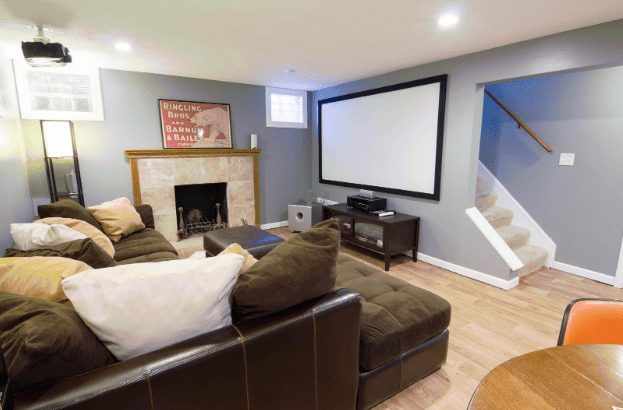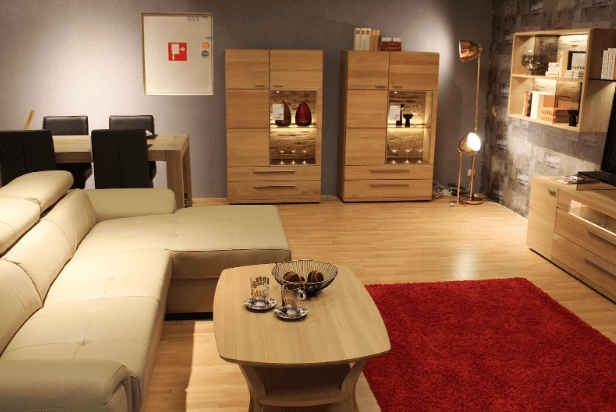Who wouldn’t want extra space in their home where they can do whatever they want, focus on their work, chill and watch a good show, or read a good book? You don’t need to look far to find a place like this. You can have your dream space right beneath your home, in your basement.
Turning your basement into a useful space is the next best thing when it’s not possible to expand your home outward. The groundwork is already done for you, so all you need to do is to finish it.
Before starting on your project, take note of these home-improvement tips to transform your basement into a functional space.
Plan What You Want for Your Basement
Start by figuring out what you want your basement to turn into. You can only apply for a building permit, shop for construction materials, consult a contractor, and take the next steps once you already have a plan for your basement.
The basement is a prime spot for a recreational room, a home office, or a library because it’s away from the hustle and bustle of the rest of the house. The location also gives it natural soundproofing, making it the ideal place to turn into a studio or a home theater.
You can also take a more practical route, which is to turn the basement into an extra bedroom for guests or for a new family member.
You can outfit the room with its own bathroom for more convenience. With an upflush toilet, installing a toilet in the basement doesn’t need to take a lot of work and hassle to do.
The basement has endless potentials—an entertainment room, an office or study, your own personal man cave, or even a children’s playroom. You can turn it into anything you want or need.

Photo by Kyle Murphy on Flickr
Create a Budget
Like with any other home improvement project, remodeling your basement can cost a lot of money. The money will flow out of your hands every step of the way, from securing permits to finishing your basement. Thus, you need a budget plan to keep track of your expenses.
Creating a spreadsheet for your expenditures will help you monitor the funds you’ve used and what you’ve spent them on. It will help manage your expectations and stick to your initial budget.
Secure the Necessary Permits
A building permit is necessary especially if you’re doing major changes to your house’s structure or mechanical systems. Renovating or remodeling your basement will require a building permit. If you’re caught doing construction on your house without one, you will be fined and ordered to take down all the work you’ve already done.
If you’re hiring a contractor, they will take care of this bit for you. However, if you’re going DIY, you’ll need to contact your local building department to apply for a permit.
Another benefit of securing a building permit is the higher chance of getting your loan approved. If you plan to apply for a loan to fund your project, a lending company will ask you to present a building permit before they approve anything. In addition, a permit is necessary in order to count the renovated basement in your home’s appraisal.
Resolve the Moisture Problem
Moisture is one of your biggest problems when renovating or remodeling your basement. Due to its location, the basement is naturally damp, and water from the rest of the house usually ends up down there.
Exposure to a damp environment for prolonged periods can have adverse effects on your health. Moisture also encourages the growth of mold, and mold can cause an otherwise-healthy person to develop upper respiratory tract symptoms, coughing, and wheezing, as well as trigger asthma. Even without mold, dampness itself already presents a risk to a person’s health.
To dry out your basement, start by removing the sources of moisture in the room. Seal cracks where water can enter, and waterproof the walls. Eliminate excessive humidity, and insulate the plumbing pipes. Finally, install a drainage system for a long-term solution to the problem.
Conclusion
For some people, it’s not feasible to expand their living space outside due to zoning restrictions. Renovating the basement is their only option if they want to expand their living space.
Even without the zoning restrictions, working on your basement can still be a good investment for you. For one, a renovated basement is usually not counted as one full room, so it won’t be counted in your tax, but it will be taken into account in your property appraisal. Turn your basement into a useful space, and enjoy the returns later.







